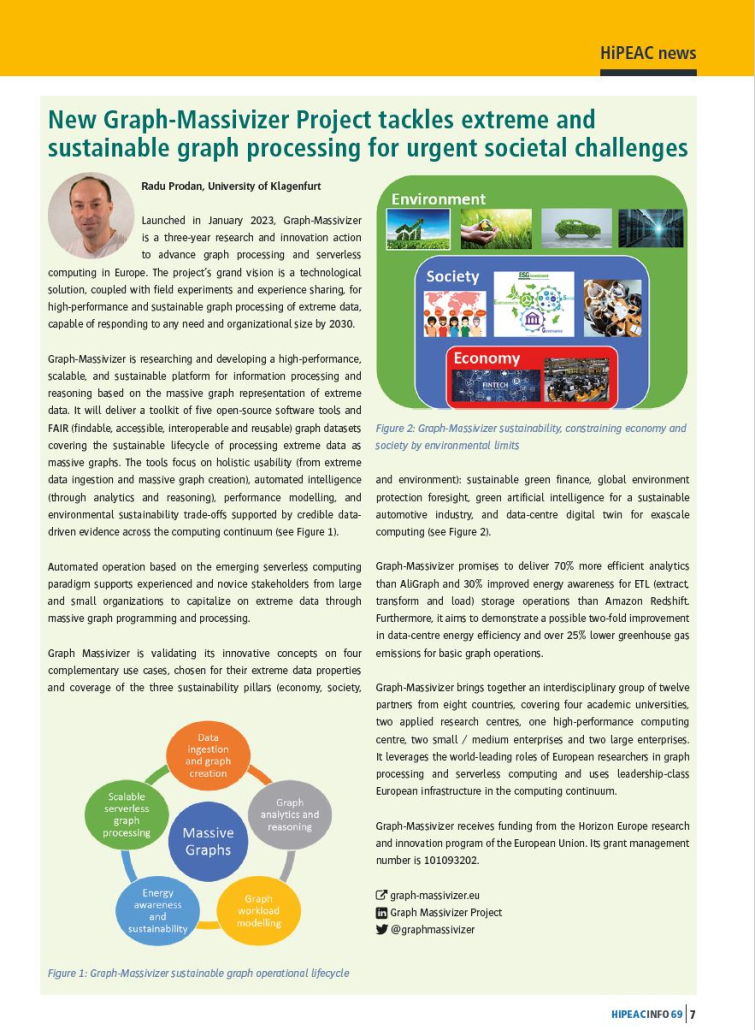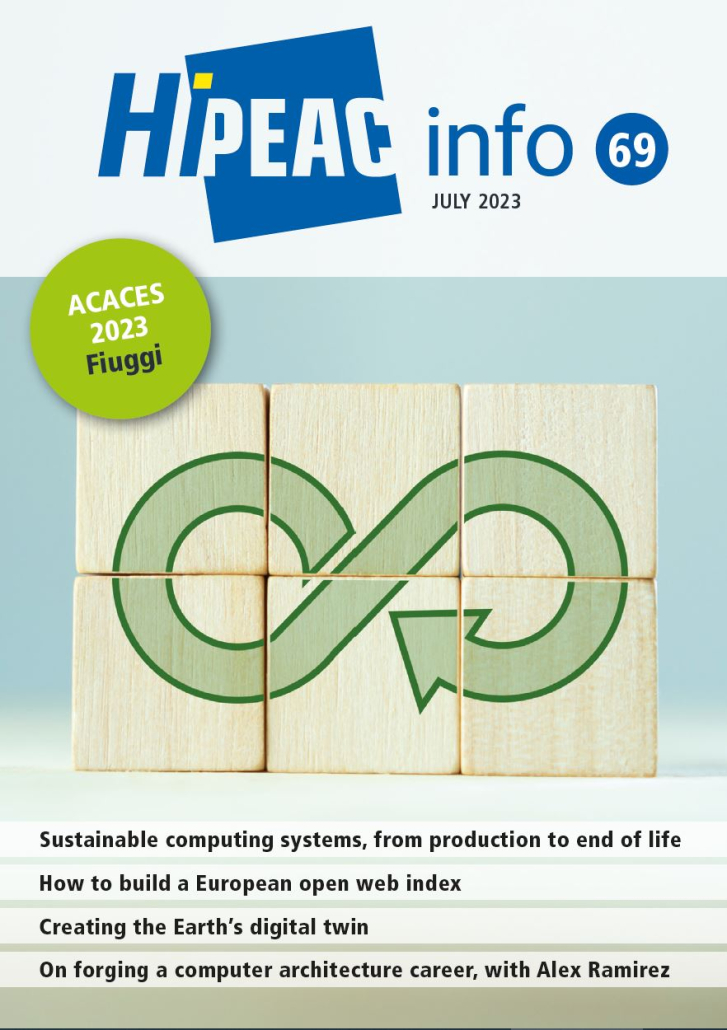An der Universität Klagenfurt wird aktuell daran geforscht, wie große Datenmengen energieeffizienter verarbeitet werden können. Die digitale Übertragung von Informationen verbrauche Energie. Wissenschafter aus zwölf Institutionen forschen an der effizienteren Verarbeitung dieser sogenannten “massive graphs”, wie es in einer Aussendung des Projektteams am Mittwoch hieß. Ziel sei unter anderem ein Energielabel für Software-Codes einzuführen.

“Das Sparpotenzial in der Verarbeitung von Daten wird noch zu wenig gesehen. Wir wollen es sichtbar machen und Lösungen anbieten”, sagte Projektleiter Radu Prodan. Im Green Supercomputing ginge es darum, die Rechenleistung effizienter zu organisieren, sodass in Summe weniger Energie verbraucht wird. Die Forscher arbeiten seit fast einem Jahr an dem Projekt “Extreme and Sustainable Graph Processing for Urgent Societal Challenges in Europe” und konnte bereits erste Ergebnisse vorweisen, die bisher auf drei Veranstaltungen in Portugal, Rumänien und in den USA präsentiert wurden.



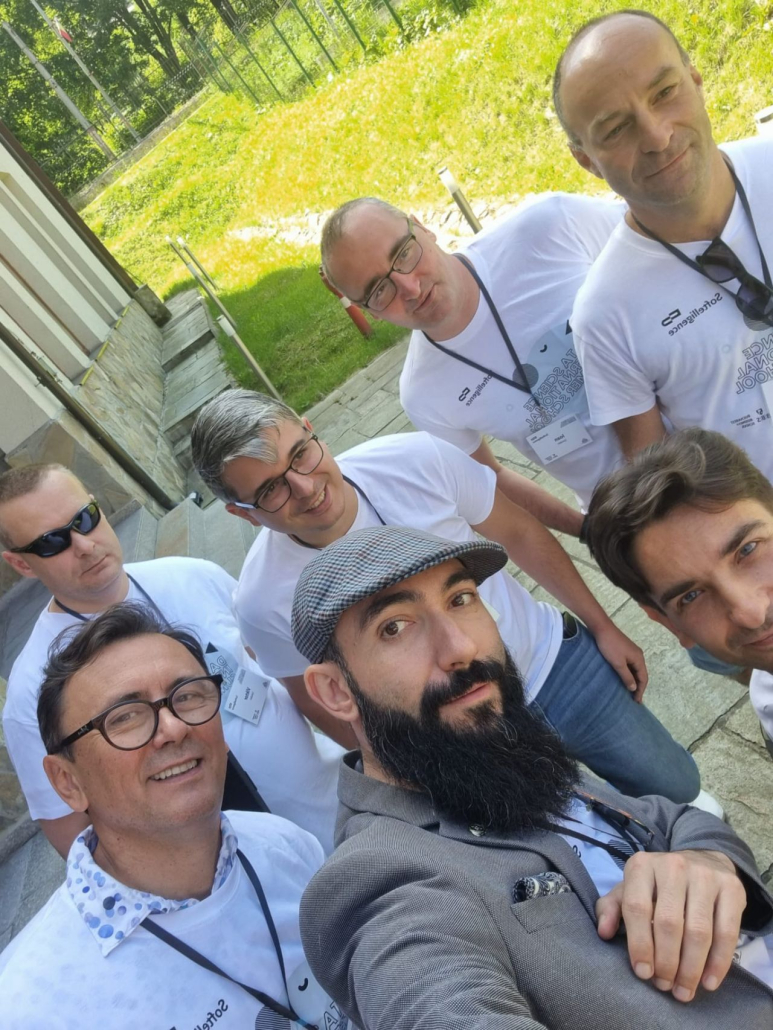
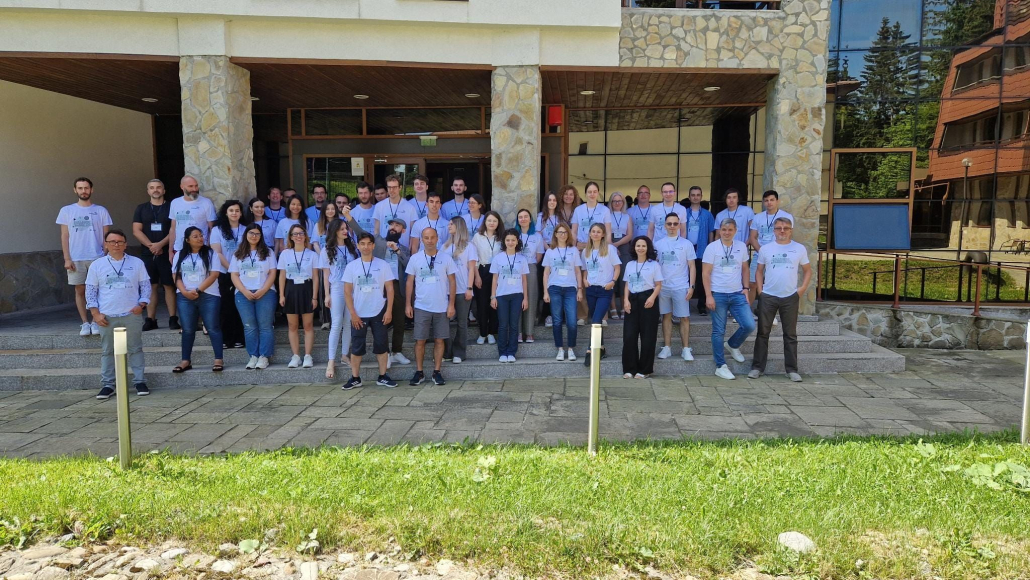

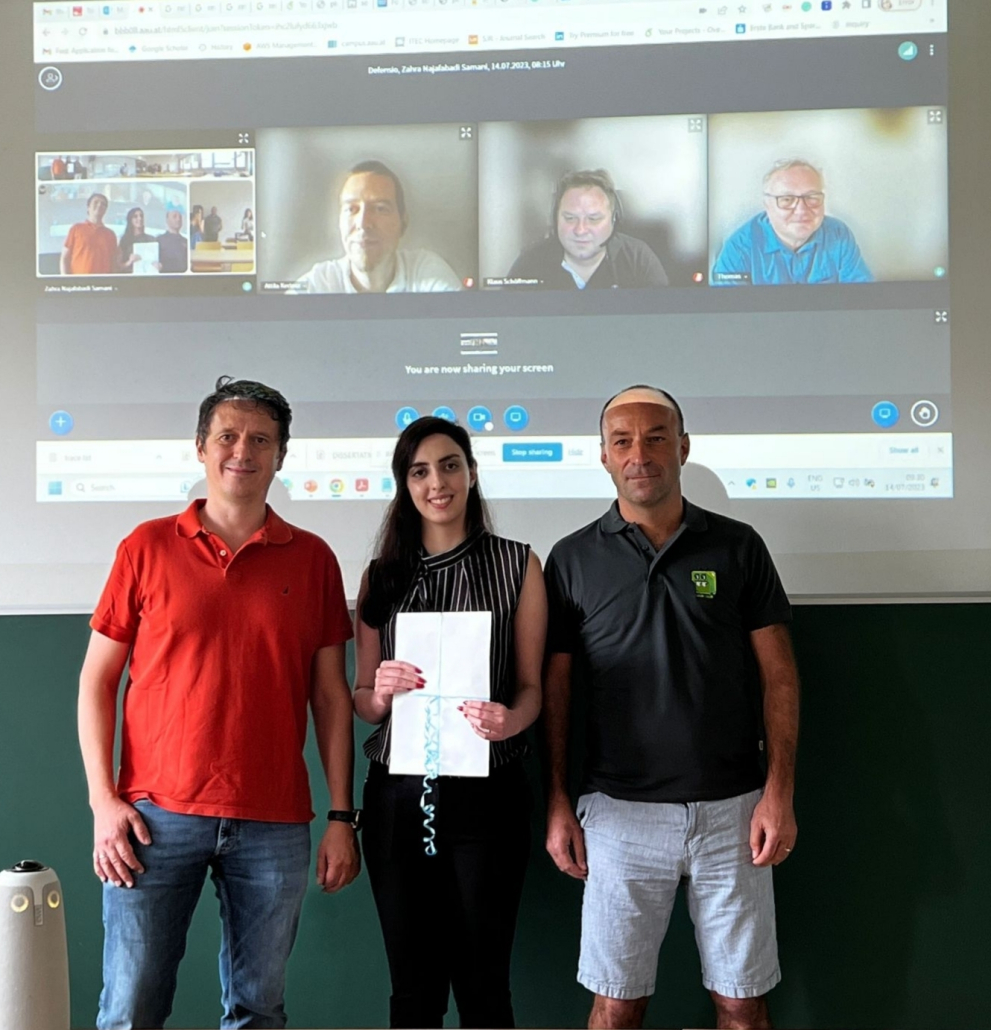 On 14.07.2023, Zahra Najafabadi Samani successfully defended her doctoral studies with the thesis on the title: “Resource-Aware Time-Critical Application Placement in the Computing Continuum” under the supervision of Prof. Radu Prodan and Assoc.-Prof. Dr. Klaus Schöffmann at ITEC. Her defense was chaired by Univ.-Prof. Dr. Christian Timmerer and examined by Univ.-Prof. Dr. Thomas Fahringer (Leopold Franzens-Universität Innsbruck, AT) and Assoc.-Prof. Dr. Attila Kertesz (University of Szeged, HU).
On 14.07.2023, Zahra Najafabadi Samani successfully defended her doctoral studies with the thesis on the title: “Resource-Aware Time-Critical Application Placement in the Computing Continuum” under the supervision of Prof. Radu Prodan and Assoc.-Prof. Dr. Klaus Schöffmann at ITEC. Her defense was chaired by Univ.-Prof. Dr. Christian Timmerer and examined by Univ.-Prof. Dr. Thomas Fahringer (Leopold Franzens-Universität Innsbruck, AT) and Assoc.-Prof. Dr. Attila Kertesz (University of Szeged, HU).